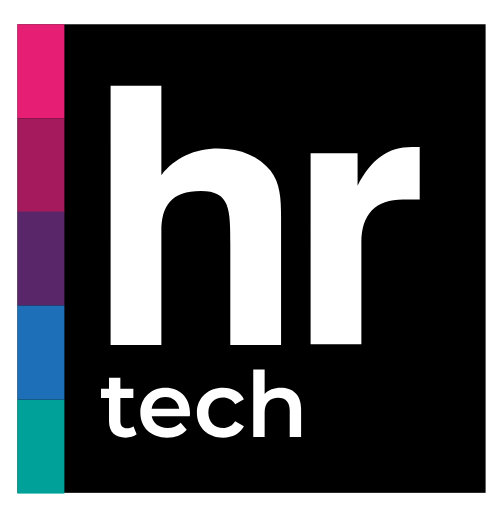News
Digital identity in 2025: new strategies for a hyperconnected world.
)
The veracity of digital identities has become an essential priority for technology organizations and governments. With the expansion of digital services, the rise of artificial intelligence and the exponential growth of cyberattacks, the need for innovative methods of identity verification is more pressing than ever. A recent Gartner report reveals that the digital identity solutions market will reach $27 billion by 2025, driven by technological advances that redefine security and user experience.
Identity verification is no longer limited to passwords or security questions. Emerging trends are moving towards a more holistic approach, integrating advanced technologies that combine security, convenience and privacy. For example, biometrics has evolved beyond fingerprints and facial recognition to behavioral biometrics. This technology analyzes patterns such as typing speed or mouse movement, offering a level of security that is extremely difficult to replicate. We are at a new level. Companies like BioCatch are leading the way, implementing solutions that also improve the customer experience by eliminating unnecessary steps.
Another significant development is the use of blockchain to create decentralized identity systems. These models allow users full control over their digital credentials without relying on third parties, such as banks or technology platforms. This approach, known as Self-Sovereign Identity (SSI), has already proven its effectiveness in sectors such as healthcare and finance thanks to initiatives by companies such as Evernym and Microsoft. The ability to manage verifiable credentials could transform the way users interact with digital services.
Artificial intelligence also plays a crucial role. With machine learning algorithms, identity verification platforms are able to detect anomalies in real time. These tools analyze documents and contextual data such as geolocation or user behavior, providing accuracy that improves fraud detection even in adverse conditions.
However, the growth of these technologies also poses challenges. Data privacy and regulatory compliance are sensitive issues that require constant attention. Initiatives such as the eIDAS 2.0 Regulation Regulation seek to ensure interoperability and security in electronic identification systems, while guidelines such as those from the National Institute of Standards and Technology (NIST) encourage more secure practices across the digital ecosystem.
The future of digital identity requires balancing security and convenience. The adoption of technologies such as advanced biometrics, blockchain and artificial intelligence will not only change the way we interact digitally, but also strengthen trust in a global environment. In an increasingly interconnected world, investing in innovative solutions is not an option, but a necessity to ensure long-term security and success.

 Cloud & AI Infrastructure
Cloud & AI Infrastructure Cyber Security World
Cyber Security World Big Data & AI World
Big Data & AI World  Data Centre World
Data Centre World  Technology for Marketing
Technology for Marketing E-Show
E-Show HR Technologies
HR Technologies Learning Technologies
Learning Technologies)
)
)
)
)
)
)
)
)
)
)
)
)
)
)
)
)
)
)
)
)
)
)
)
)
)
)
)
)
)
)
)
)
)
)
)
)
)
)
)
)
)
)
)
)
)
)
)
)
)
)
)
)
)
)
)
)
)
)
)
)
)
)
)
)
)
)
)
)
)
)
)
)
)
)
)
)
)
)
)
)
)
)
)
)
)
)
)
)
)
)
)
)
)
)
)
)
)
)
)
)
)
)
)
)
)
)
)
)
)
)
)
)
)
)
)
)
)
)
)
)
)
)
)
)
)
)
)
)
)
)
)
)
)
)
)
)
)
)
)
)
)
)
)
)
)
)